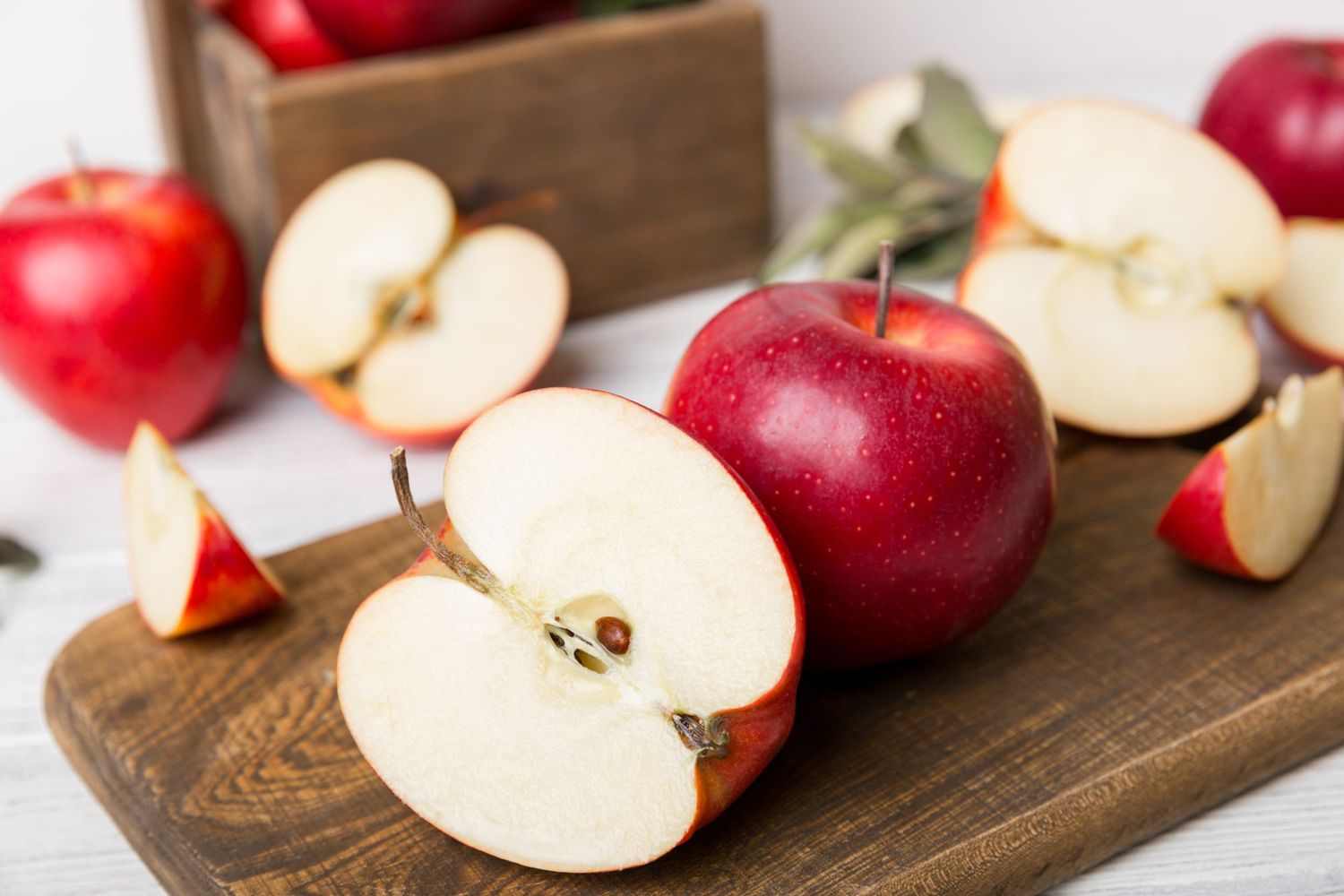Living with an Egg Allergy: Finding Egg-Free Alternatives
Discovering that you have developed an allergy to eggs can be a challenging experience, especially if eggs have been a staple in your diet. However, with some creativity and resourcefulness, it is possible to find delicious and nutritious alternatives to incorporate into your meals. Here are some tips on how to navigate life with an egg allergy and still enjoy a variety of tasty dishes.
Exploring Egg Substitutes
When it comes to cooking and baking, eggs often play a crucial role in providing structure, moisture, and leavening. Fortunately, there are several egg substitutes that can be used to achieve similar results. Some popular options include:
- Flaxseed or Chia Seed Eggs: Mix one tablespoon of ground flaxseeds or chia seeds with three tablespoons of water to create a gel-like mixture that can be used as a binding agent in recipes.
- Applesauce: In many baked goods, applesauce can be used to add moisture and help bind ingredients together.
- Baking Powder and Oil: A combination of baking powder and oil can be used as a leavening agent in recipes that call for eggs.
Enjoying Egg-Free Breakfast Options
Breakfast is often synonymous with eggs, but there are plenty of delicious alternatives to start your day off right without them. Consider trying the following egg-free breakfast ideas:
- Smoothie Bowl: Blend your favorite fruits and vegetables, and top the smoothie with granola, nuts, and seeds for added texture and flavor.
- Avocado Toast: Spread mashed avocado on whole-grain toast and add toppings such as sliced tomatoes, arugula, and a drizzle of balsamic glaze.
- Yogurt Parfait: Layer dairy-free yogurt with fresh berries, granola, and a drizzle of honey for a satisfying and nutritious breakfast option.
Adapting Recipes to Suit Your Needs
Many recipes can be easily adapted to accommodate an egg allergy. When cooking or baking, consider the following substitutions:
- For Binding: Use mashed bananas, pureed silken tofu, or commercial egg replacers to help bind ingredients together.
- For Leavening: Experiment with additional baking powder, baking soda, or carbonated water to help your baked goods rise.
- For Moisture: Incorporate ingredients such as yogurt, buttermilk, or non-dairy milk to add moisture to your recipes.
Embracing Egg-Free Cooking and Baking
While adjusting to an egg allergy may initially seem daunting, it can also be an opportunity to explore new flavors and cooking techniques. Embrace the challenge by experimenting with different ingredients and recipes, and don’t be afraid to get creative in the kitchen. With a bit of flexibility and an open mind, you can continue to enjoy a diverse and satisfying diet without eggs.
Remember, it’s essential to consult with a healthcare professional or a registered dietitian to ensure that your dietary needs are being met, especially if you have food allergies or intolerances. By staying informed and proactive, you can navigate life with an egg allergy while still savoring a wide array of delicious and nourishing foods.











